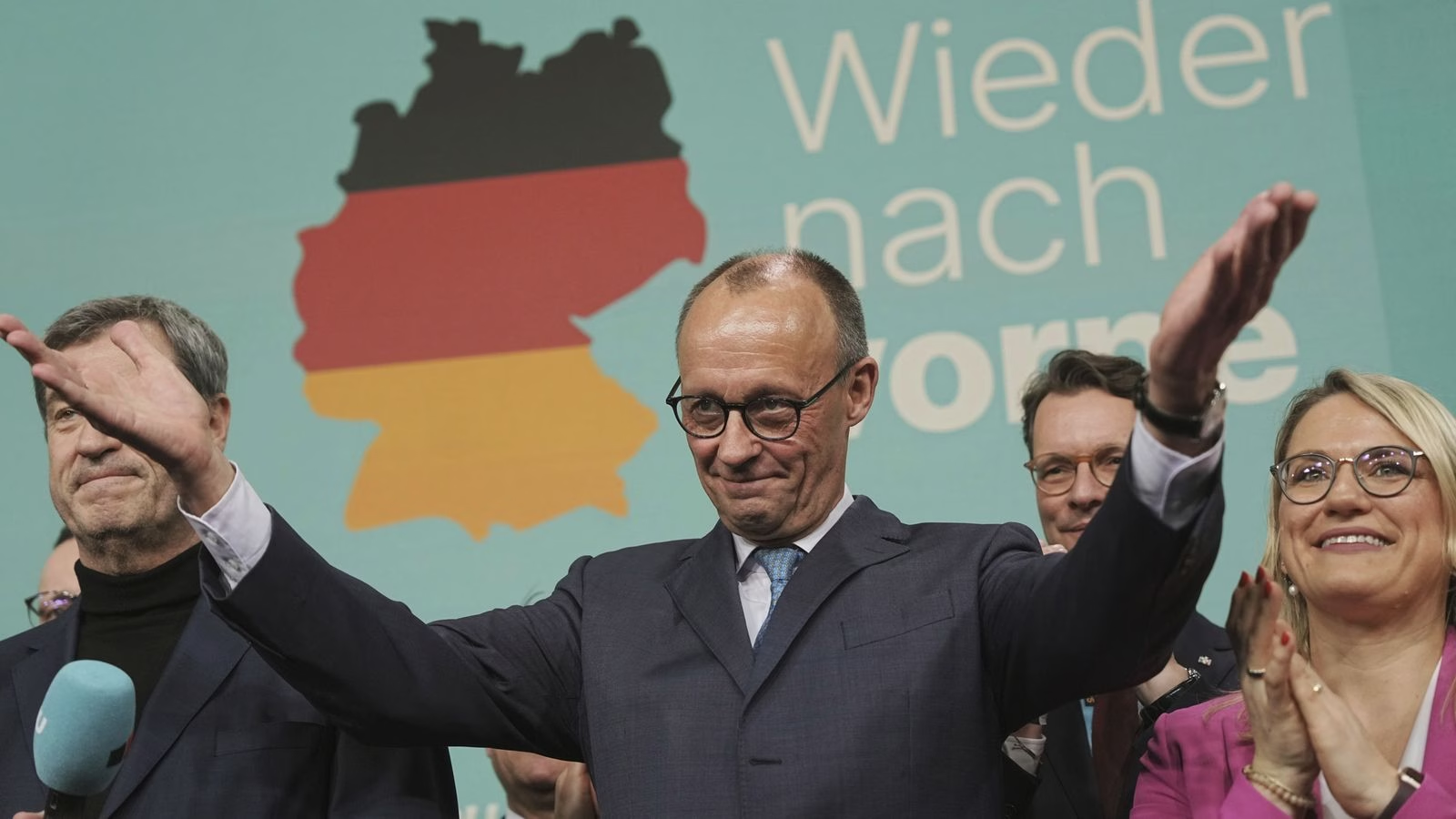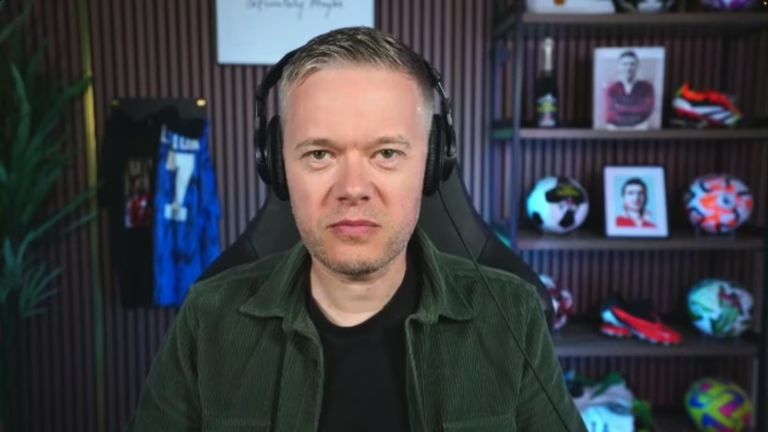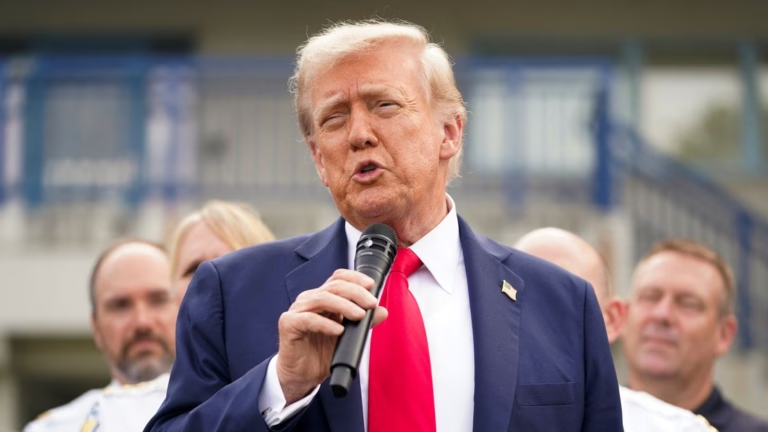Early exit polls show that the conservative Christian Democrats (CDU) and their Bavarian counterpart, the Christian Social Union (CSU), have won the most votes in Germany’s federal election with Friedrich Merz expected to become the next chancellor, according to initial results that align with weeks of predictions.
Though this outcome is anticipated, it doesn’t ensure an easy road to forming a government.
The CDU-CSU lack a majority and must forge a coalition to govern. The Social Democrats, who placed third, are the most viable coalition partners. Despite this, their disagreements on crucial issues, such as providing Ukraine with long-range Taurus cruise missiles, could complicate the process of forming a coalition government.
The most obvious partners for the CDU-CSU are the Social Democrats. A two-party coalition is the preferred option to prevent excessive bickering; however, disagreements on sending long-range Taurus cruise missiles to Ukraine could hinder coalition negotiations.
Follow live: Germany’s election results
The process of forming a government may take months, but Merz is keen to expedite it, given the pressing issues both domestically and internationally.
One of those critical issues is the rise of the far right, with the Alternative for Germany (AfD) party celebrating historic results.
For the first time since the Second World War, a far-right party has potentially received the second-highest number of votes.
This could pose significant challenges for the next government, particularly given the long-standing pact among mainstream parties, often referred to as the “firewall,” which refuses to work with far-right groups.
Before the polls had even closed, AfD leader Alice Weidel imitated Donald Trump by releasing a video urging people to “observe” the vote count and to “protect democracy.”
Supporters of the AfD have expressed their dissatisfaction with the firewall agreement, threatening to protest against it. The US vice president JD Vance recently criticized the firewall as well, suggesting that the new Trump administration would be ready to collaborate with the AfD. Conversely, there have been massive protests in Germany advocating for the firewall to remain.
Doing so if he wins would alienate important coalition partners. There are troubling signs ahead for the next government, as it looks to form coalitions and address pressing issues like recession, economic difficulties, and the ongoing conflict in Ukraine.
Skilled immigration and economic concerns:
The AfD has gained from public dissatisfaction with issues like migration and economic uncertainty, which former top CDU-card candidate Friedrich Merz has addressed by proposing stricter border controls and potential action against some asylum seekers.Should he fail to fulfill these promises, the AfD’s popularity may continue to rise.
If he adheres to that pledge, he could become the target of right-wing demonstrations, backed by influential figures like Elon Musk.
More on Germany election:
Who is Friedrich Merz?
This isn’t a typical German election
Forget the far-right’s strong showing; critics and voters alike see Merz as out of touch. His conservative stances are at odds with an electorate that increasingly backs the AfD. Merz’s promises of tough migration reforms – including permanent border checks and potentially turning away some asylum seekers – must be delivered to stem the rise of the AfD.
So, here are the big tasks for the next government: overcoming the recession, reforming migration policy, and restoring Germany’s role in Europe. Once the results are confirmed, politicians will be under pressure to form a government that can address these issues within four years, otherwise, the populist surge could usher in a new era of politics in 2029, plunging Germany into further uncertainty.











